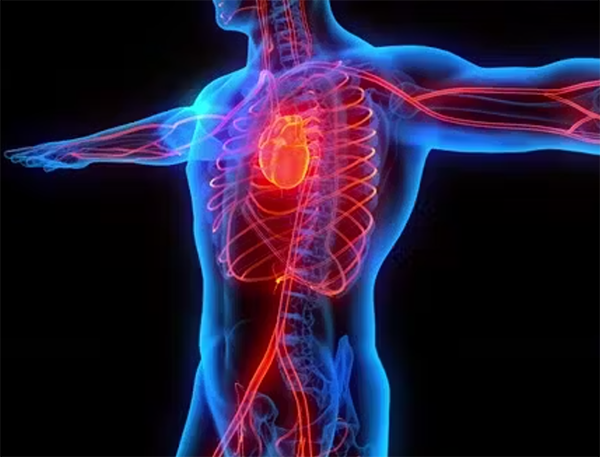Multi-Omic Approaches to Solve Post-Acute COVID-19 (MOSAIC)

The purpose of this study is to facilitate early detection of ME/CFS in people with Long COVID and better understand disease progression.
The Life Improvement Trial (LIFT)

The Life Improvement Trial (LIFT) aims to investigate two drugs, separately and in combination, Pyridostigmine (commonly known as Mestinon) and Low-Dose Naltrexone (LDN), for efficacy and to research the difference between responders and non-responders.
Network Medicine for Disease Mechanisms and Treatment

The goal of this project is to use data integration and network analyses to discover disease mechanisms and potential treatments.
iCPET Omics Studies of ME/CFS

This Harvard study evaluates the different explanations of heart preload failure in ME/CFS patients to determine which is active in many, if not all, ME/CFS patients. The Computation Center is now seeking to better understand the causes of ME/CFS (PLF, the high flow type) as well as to identify potential drug targets for future therapies.
OMF Data Center

The purpose of the OMF Data Center is to house raw data and processed results, which is shared with our research network through the web-based data portal.
Investigation into Post-Exertional Malaise Between Historical and Recent ME/CFS

This study explores the biological changes that occur in the muscles during post-exertional malaise (PEM), both in historical cases of ME/CFS and cases of Long COVID that meet the criteria for ME/CFS.
Long COVID Clinic Studies

The clinic in Uppsala continues the work of the OMF-Funded MultiCenter Collaborative Study on COVID to ME/CFS progression.
Deep Proteome and Metabolome Profiling
Decode the molecular mechanisms underlying ME/CFS and contributing to specific symptoms with a particular emphasis of post-exertional malaise (PEM). This includes deep phenotyping of ME patients and global proteomic/metabolomics plasma profiling of ME..
Sleep Disturbance in ME/CFS
We intend to examine multiple sleep studies that have been conducted in the past two years and performed at the MGH Neurology Sleep Medicine Laboratory in well characterized patients with ME/CFS.
Deep Assessment of Neuroinflammation Using CNS Imaging and Analysis of CSF, Blood, Saliva Samples
This study is designed to explore the hypothesis that deranged flow of the cerebrospinal fluid (CSF) due to craniocervical obstructions and/or instability may cause deranged intracranial pressure (ICP), neuroinflammation and cardinal symptoms of ME/CFS.